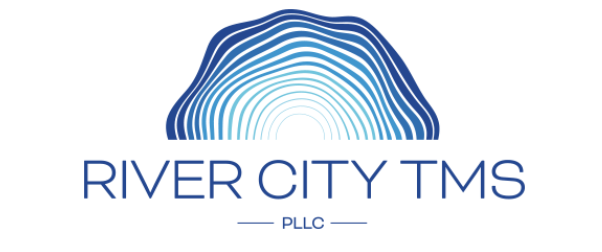
01-Notice of Privacy Practices
| Approved by: William Voss | Effective: April 26, 2024 |
| Review: Annual | Revised: |
| Renewed By: | Renewed: |
Notice of Privacy Practices
Policy Statement
It is the policy of [Enter Text] to ensure that patients are provided a Health Insurance Portability and Accountability Act (HIPAA) compliant Notice of Privacy Practices (NPP). The NPP shall address the use and disclosure of protected health information (PHI) that may be made by [Enter Text], outlines patient rights regarding PHI, and [Enter Text]’s legal duties pertaining to PHI.
The NPP ([Enter Text]) shall inform individuals on the following information:
-
Description of patient rights and [Enter Text]’s privacy practices regarding this information.
-
All uses and disclosures of PHI that [Enter Text] may make without written authorization.
-
Types of uses and disclosures that require written authorization.
-
A statement that any uses and disclosures not described in the NPP will also require written authorization.
-
Contact information for [Enter Text]’s Privacy Officer, or the primary office.
-
The effective date of the NPP.
[Enter Text]
Procedure
-
Delivery & Acknowledgement of NPP §164.520(c)(2)(ii)
Patients or their legally authorized representative must be provided a copy of the NPP on the date of the first service delivery.
-
Individuals will be asked to sign the Acknowledgement of Receipt of Notice form attached to the NPP. Signed Acknowledgements shall be filed in the patient’s medical record.
-
If the patient refuses to accept the NPP or sign the Acknowledgement, document the refusal on the Acknowledgement form, sign and date the notation, and file it in the medical record.
-
-
Emergency Medical Treatment §164.520(c)(2)(i)(B)
In such cases where the first service delivery involves emergency medical treatment, the NPP shall be provided as soon as it is practical to do so.
-
Documentation in the medical record should corroborate that the patient required and received emergency medical treatment.
-
Written acknowledgement is not required in cases of emergency medical treatment; however, it is highly recommended the [Enter Text] makes a reasonable attempt to collect written acknowledgement. File this in the medical record.
-
-
Exceptions to Right of Notice §164.500(b)(1), §164.520(a), §164.520(a)(2)
Per the Privacy Rule, there are some exceptions for providing an NPP. These exceptions are:
[Enter Text] [Enter Text] [Enter Text] -
Access to the NPP §164.520(a)(1)
[Enter Text]Any member of the general public (who is not a patient or patient’s legally authorized representative) requesting the NPP shall be provided the current NPP as promptly as circumstances permit. In these instances, no documentation that the NPP has been provided will be required.
Any related information notices required by state law will also be posted in a prominent location and/or provided to the patient as another notice. This may be contained in the NPP Acknowledgement of Receipt of Notice.
-
Revisions §164.520(b)(3)
The NPP shall be revised and distributed promptly to reflect material changes to the uses or disclosures of PHI, patient rights, [Enter Text]’s legal duties, or the privacy practices stated in the notice. Material changes to the NPP may be implemented only after the effective date of the revised notice. A copy of the former NPP shall be retained for six (6) years from the date it was last effective.
-
Promptly make copies available at the service delivery site for individuals to request and take with them, post the revised NPP in a prominent location, and obtain acknowledgements from new patients, that they were provided a copy as described above.
-
-
Understanding the NPP §164.520(b)(1)
Patients receving the NPP who have questions or desire further information should be directed to [Enter Text]’s Privacy Officer, as necessary. Every effort should be made to help interested patients understand the information contained within the NPP.
-
Handling Complaints of Privacy Practices §164.520(b)(1)(vi)
Patients have the right to file a complaint about:
-
a potential violation of their privacy rights,
-
the Organization’s HIPAA-related policies and procedures, or
-
a decision the Organization made regarding access to or amendment of a patient’s medical records.
When notified by a patient of a potential complaint, providers should direct the patient to the Privacy Rights Complaint Form ([Enter Text]) and request the patient return the completed form to the Privacy Officer.
It is also the patient’s right to file a complaint directly with the Department of Health and Human Services.
-